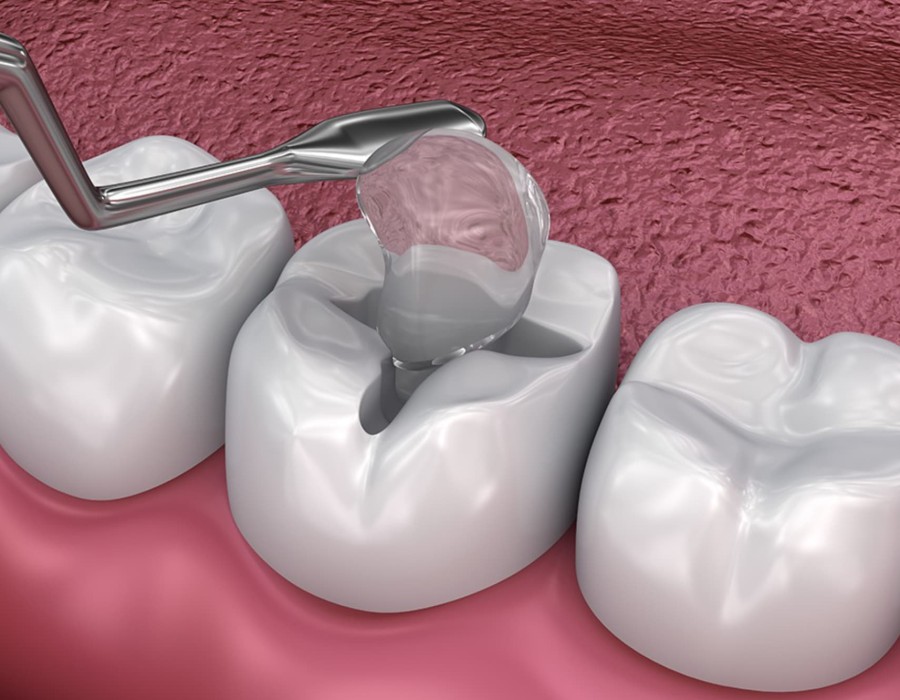Cavities are one of the most common dental problems, affecting people of all ages. While poor oral hygiene, excessive sugar consumption, and lack of dental care contribute significantly to tooth decay, many people wonder if genetics play a role. If your parents had frequent cavities, does that mean you are more likely to develop them too? Let’s explore the connection between genetics and cavities and understand the preventive measures you can take.
The Role of Genetics in Dental Health
Genetics influence various aspects of your dental health, from the structure of your teeth to the composition of your saliva. While cavities are primarily caused by bacteria and poor oral hygiene, certain inherited traits can make you more susceptible to tooth decay. Some genetic factors that contribute to cavities include:
Enamel Strength and Composition
Enamel is the outermost layer of the teeth and serves as a protective barrier against bacteria. Some people inherit naturally stronger enamel, making them less prone to cavities. Conversely, if your enamel is thin or weak due to genetic factors, you may be at a higher risk of developing tooth decay.
Saliva Production and Composition
Saliva plays a crucial role in neutralizing acids and washing away food particles. Genetics can influence both the amount and composition of your saliva. If you have low saliva production or a saliva composition that lacks essential minerals, your risk of cavities increases.
Tooth Shape and Alignment
The shape and alignment of your teeth can also be inherited. Crooked or crowded teeth can create more spaces where food particles get trapped, leading to plaque buildup and cavities. People with deep grooves or pits in their molars may also experience a higher risk of decay since these areas are harder to clean.
Bacteria and Microbiome
The type of bacteria present in your mouth is partially determined by genetics. Some people naturally have a higher number of cavity-causing bacteria, such as Streptococcus mutans. These bacteria produce acid that erodes enamel, leading to cavities.
Environmental and Lifestyle Factors
While genetics can increase the likelihood of developing cavities, lifestyle and environmental factors play a more significant role in dental health. Proper oral hygiene and dietary choices can help prevent tooth decay, even if you are genetically predisposed to cavities.
Poor Oral Hygiene
Failing to brush and floss regularly allows plaque to accumulate, leading to cavities. Brushing twice a day with fluoride toothpaste and flossing daily can significantly reduce the risk of tooth decay.
Diet and Sugar Consumption
Frequent consumption of sugary foods and acidic beverages contributes to cavity formation. Bacteria in the mouth feed on sugar and produce acids that erode enamel. Limiting sugar intake and maintaining a balanced diet rich in vitamins and minerals can help protect your teeth.
Dental Care and Preventive Treatments
Regular dental checkups and professional cleanings are essential in preventing cavities. If cavities do develop, treatments like Dental filling in Islamabad can restore the affected tooth and prevent further decay.
How to Reduce Your Risk of Cavities
Even if you have a genetic predisposition to cavities, you can take proactive steps to maintain good oral health. Here are some key preventive measures:
Use Fluoride Products
Fluoride strengthens enamel and makes teeth more resistant to acid attacks. Using fluoride toothpaste and mouthwash or receiving fluoride treatments from your dentist can help protect your teeth.
Maintain a Healthy Diet
A diet rich in calcium, phosphorus, and vitamins strengthens teeth and supports overall oral health. Dairy products, leafy greens, nuts, and lean proteins are excellent choices.
Stay Hydrated
Drinking plenty of water helps maintain saliva production and washes away food particles. Water with fluoride provides added protection against cavities.
Visit Your Dentist Regularly
Routine dental checkups allow early detection and treatment of cavities. Your dentist may also recommend sealants for your molars to provide extra protection.
Are Cavities Entirely Preventable?
While good oral hygiene and a healthy lifestyle significantly reduce the risk of cavities, they are not always 100% preventable. Even people with excellent dental care habits can develop cavities due to genetic factors or underlying medical conditions. However, addressing cavities early and seeking timely treatments can prevent complications and preserve your dental health.
Cost Considerations for Dental Treatments
If cavities do occur, getting them treated promptly is crucial to avoid more serious dental issues. The teeth filling costs in Islamabad vary based on the severity of decay, materials used, and the clinic you choose. Investing in dental fillings at the right time can save you from costly procedures in the future.
Conclusion
While genetics can influence your susceptibility to cavities, they do not determine your dental health entirely. Environmental factors, oral hygiene practices, and dietary habits play a more significant role in preventing cavities. By following proper oral care routines, eating a balanced diet, and seeking regular dental checkups, you can keep your teeth healthy and strong. If cavities develop, treatments like dental fillings can restore your teeth and prevent further damage. Understanding the connection between genetics and cavities empowers you to take the right steps in maintaining optimal dental health.





Comments